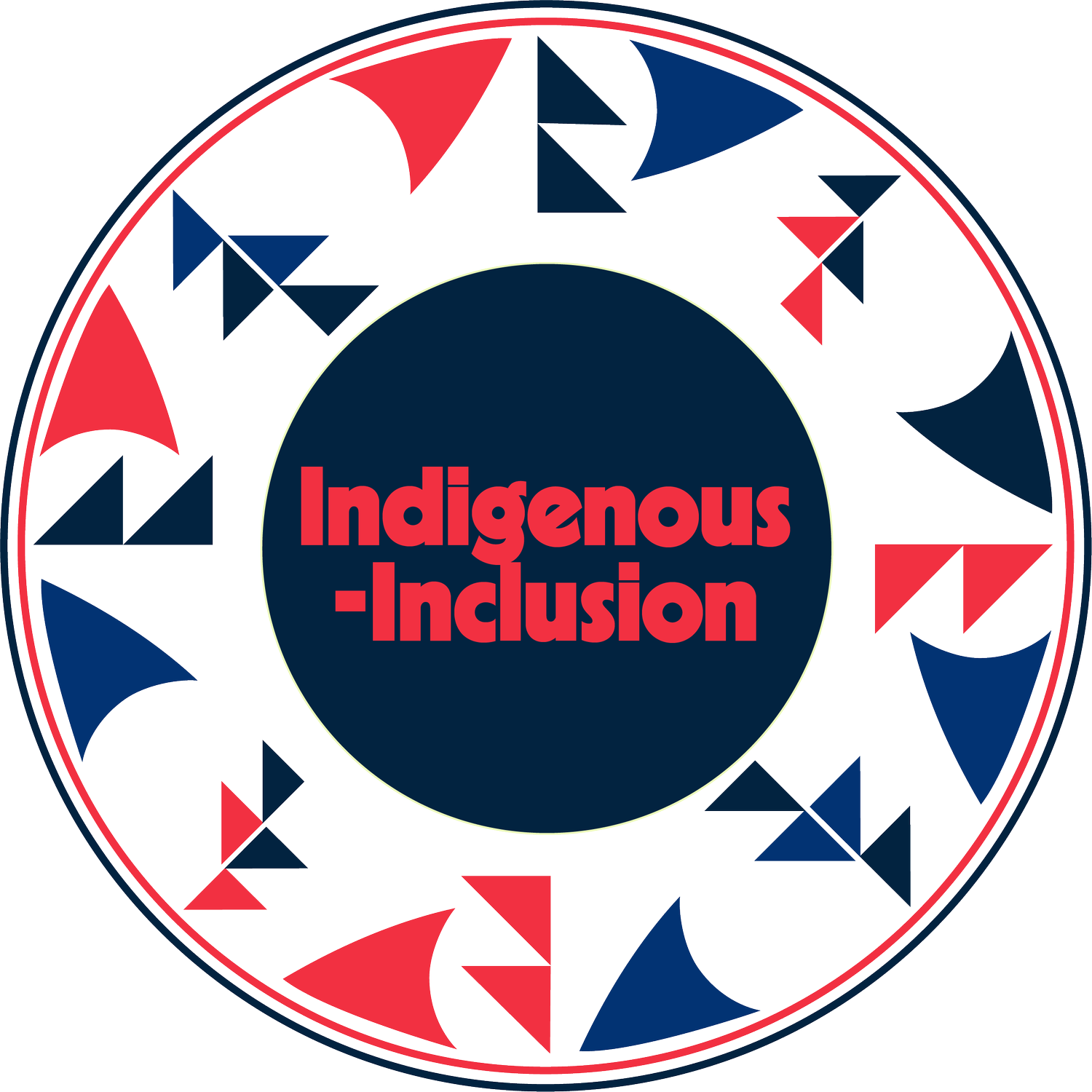
Transforming your approach to Indigenous Inclusion
We offer four Indigenous Inclusion seminars to transform organizations by Activating Critical Allyship, Unlearning Anti-Indigenous Racism, Practicing Indigenous Cultural Safety and Implementing Decolonizing Practices.
Each online, organizational transformation workshop starts at $4800 plus GST for up to 24 people, add $80 for per additional person. In-person facilitation is available when you book three or more sessions as a package, which includes organizational transformation planning and implementation support. Investment starts at $20,000, let’s talk about how we can support your goals.
-
Every month, starting in May we will be offering a 60-minute mixtape, featuring segments from each of our four 2-hr seminars.
-
We’ve set up an online booking system to make it easier to work with us. We’re a tiny team doing big work so we’re automating parts of our sign-up to take better care of us and you.
-
We recommend booking two, three or four seminars with several weeks between the dates. But, if you can only book one or two, please note that we can customize the seminar with segments from other seminars to meet your needs.
-

ACA answers:
What is critical allyship? By expanding on, and reconnecting to, the practice of allyship, we focus on developing critical awareness about what it isn’t. For example, allyship is not about fixing us or feeling sorry for us but we continue to see these behaviours under the banner of allyship.
What is allyship with Host Nations? From connecting to the land, to honouring the Ancestors AND the current generation, allyship with Host Nations also includes taking action toward redress and examining your personal and organizational complicity in colonialism.
What is allyship with Indigenous Peoples? Move from awareness to action, in a good way, with decolonization, indigenization and reconciliation by knowing what each means to you, how they can fit together, and by preparing for what might get in the way.
What is allyship with Self? How can you care for yourself to be the best ally you can be? Let’s talk about colonial conditioning and tools of supremacy that impede our connections, like perfectionism.
The seminar includes: short audio talks, decolonial terminology, infographics, short videos and a handout.
-

E4A explains
anti-racist communication, decentering, confronting colonial myths and unlearning colonial conditioning with short audio talks, decolonial terminology, infographics, short videos and a handout. As a critical Indigenous communications scholar, I'm always looking to language, the power that's embedded in language, how we think about knowledge, and how that knowledge translates into our biases in our everyday communication.
This course raises your awareness about how invisible rules govern how we speak, how we show up in different spaces, and how invisible power dynamics are actually always at play. We will surface some of the oppressions that come up through etiquette. And, develop practices for unlearning anti-Indigenous racism in communication.
As a team, with support, you will reflect on colonial myths, the power of language, how colonial conditioning impacts all of us and how we can unlearn social hierarchy and relearn good relations grounded in Indigenous ways.
The seminar includes: short audio talks, decolonial terminology, infographics, short videos and a handout.
-

D101 introduces
Decolonizing Practices, which I define as actions we can take, words we can say, ideas we can unlearn and behaviours we can change to undo ongoing colonial impacts.
D101 deep dives into concepts, vocabulary and applications related to decolonization, reconciliation, indigenization and more. The session weaves storytelling, Sḵwx̱wú7mesh teachings and critical analytical frameworks to prepare your team with language, guidance, and actionable tools to feel self-assured about what decolonization means to you and how to put your goals into action.
If you’ve wondered what is the difference between indigenization, reconciliation and decolonization is, or want to understand how they fit together, this seminar is for you. Focused on supporting your decolonial journey, with tools for social change, D101 is an excellent accompaniment to groups working with the Decolonize First workbook.
Teams will be guided through a reflection sharing exercise that will leave you with a co-created set of decolonial priorities to apply within your organization.
This seminar includes: short audio talks, decolonial terminology, infographics, short videos and a handout.
-

A2A prepares
organizations to implement the Truth and Reconciliation Commission's Call to Action #92. Section 3 of "Business and Reconciliation" which asks organizations to educate management & staff on the legacy of residential schools, Treaties, UNDRIP, Human Rights, intercultural competency and anti-racism.
This interactive seminar features infographics, short videos, resources for further learning and facilitated planning for your next steps.

